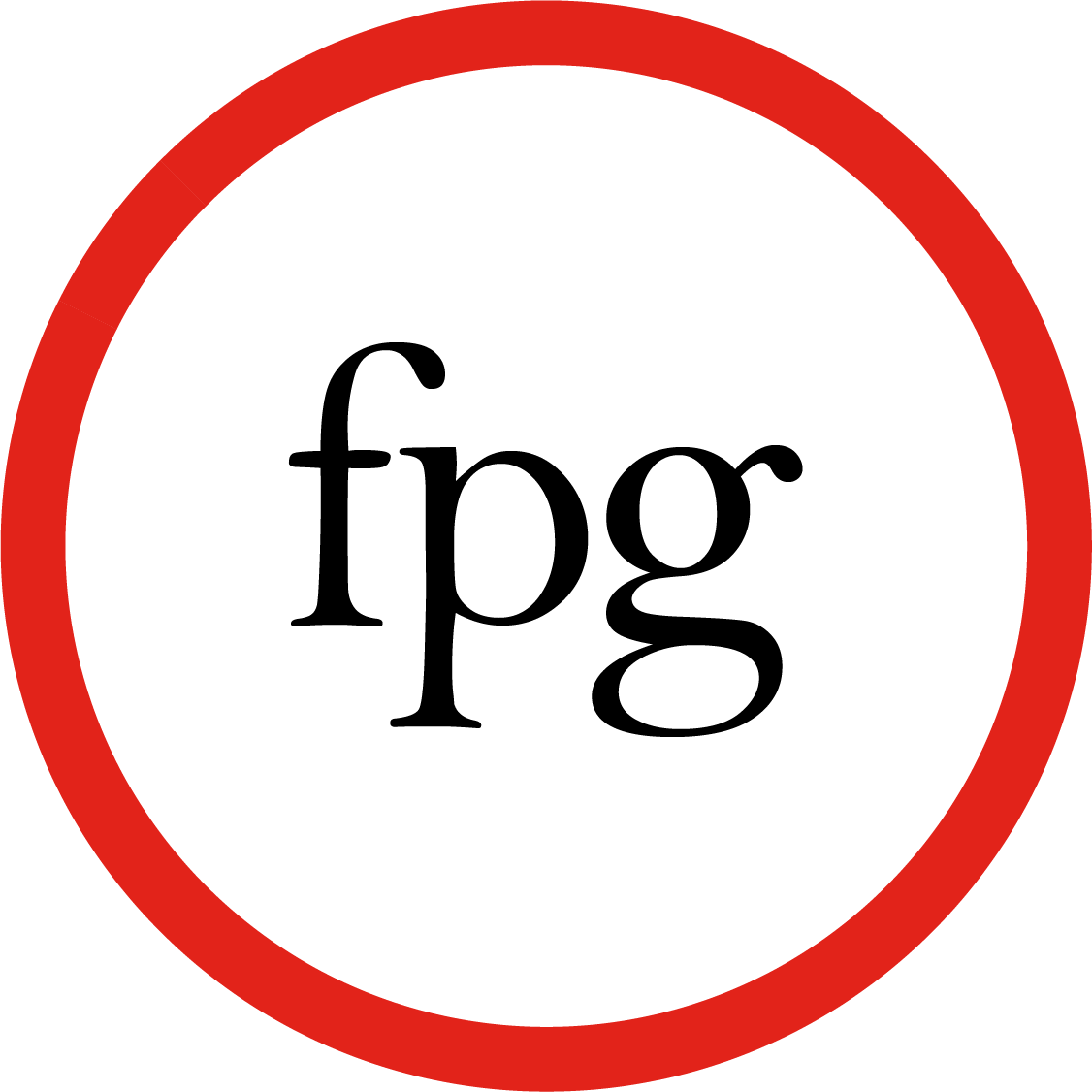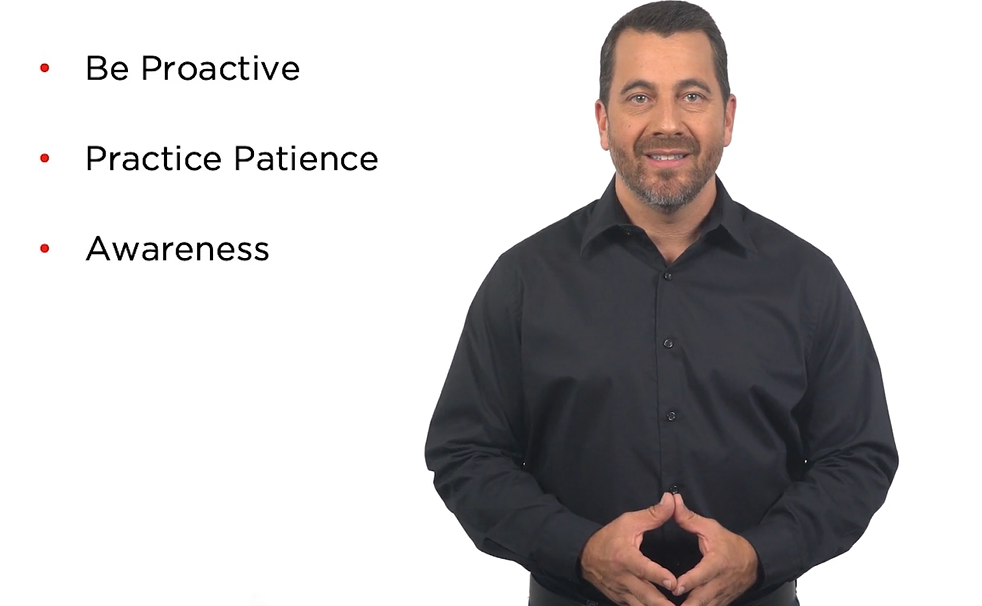

IN-Sights
Dive deep into industry-leading best practices and learn new ways to approach frontline challenges.

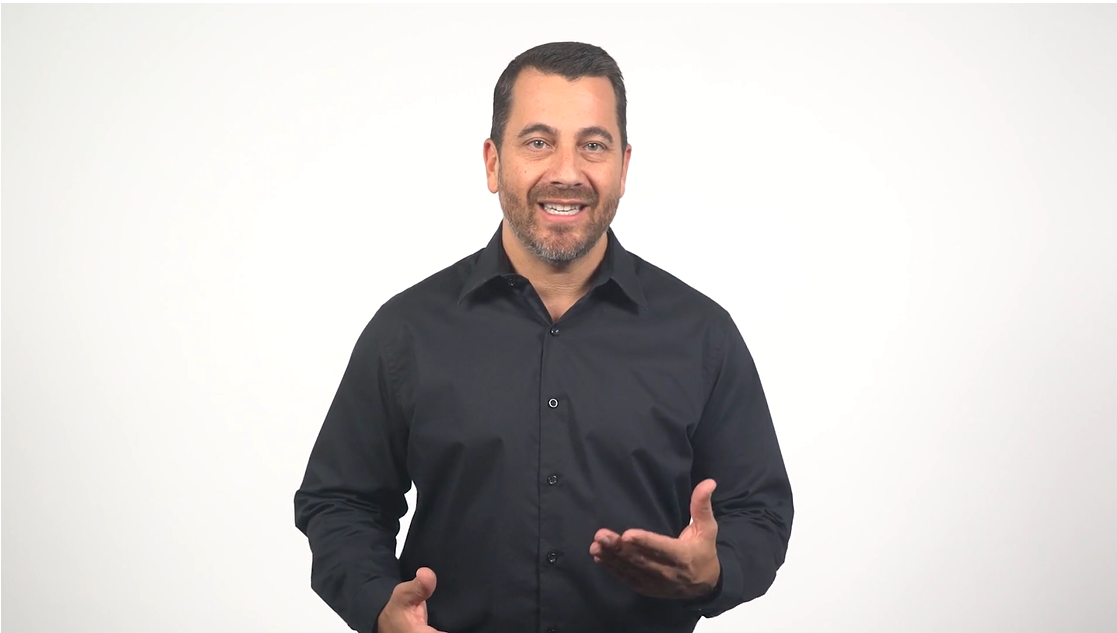
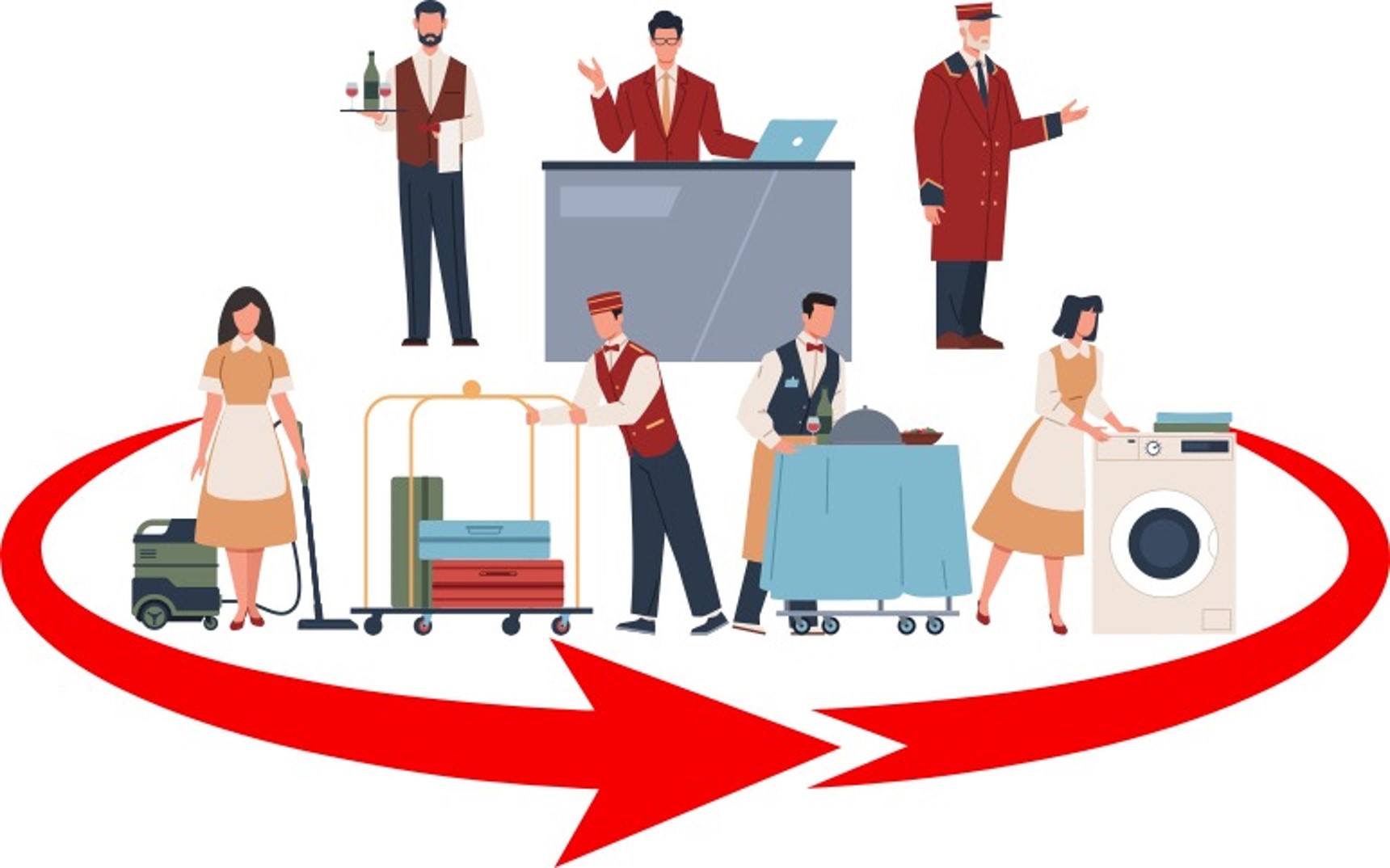







The FPG Team is incredibly supportive and patient, they put aside time to work with each and every team member to ensure we are all set up for success.
FPG has helped our rental revenue and now we have a big repeat business. Our FPG representative has done a great job teaching the agents proper procedures and keeping in touch with them on changes and potential problems.
Working with FPG has allowed us to transform our business into one that is driven by sales through service. Over the course of the partnership, our counter sales revenues have nearly doubled, with our customer queries steadily declining. This partnership has not only been a success for our business but also for our millions of customers.
The FPG team allowed our team to be creative, to create new experiences for our guests and empowered us to sell and offer in a way that felt natural – like having a conversation. It is a method you can feel good about. It does not feel like upselling, but more like a family working together to perform well. I have never felt unnecessary pressure, just encouragement, and support to do well.
Our experience has been excellent, and we are more than satisfied with the results: 67% incremental revenue increase year-over-year!



One of the most common challenges of a leader is keeping their team motivated and engaged. Possessing a deep understanding of people´s motivational drivers and creating a culture of motivation are aspects that put the best leaders above the rest.
Frontline Performance Group (FPG), a leader in hotel software and consulting for front desk service and revenue optimization in the Americas, today announced the acquisition of its primary competitor, TSA Solutions (Singapore, London, Dubai), to deliver the world’s largest and most comprehensive front office technology and training program. Together, the organizations represent centuries of experience working to enhance the service and revenue performance of hotels and resorts on all inhabited continents. The combined capabilities of hospitality’s two biggest revenue and performance companies represents an exciting opportunity for hoteliers.
FPG is thrilled to announce the appointment of its new CEO: Geoffrey Toffetti. Serving as FPG’s President & CMO for 10 years, Toffetti oversaw the company’s development of its proprietary frontline performance software, IN-Gauge, and led the organization into an entirely new vertical. After securing a pilot program at FPG’s first ever hotel client, the Waldorf Astoria in New York City, Toffetti helped FPG expand its hospitality footprint onto every inhabited continent on the planet, while solidifying strong partnerships with top hotel brands and ownership groups including Accor, Hilton, IHG, and Marriott. Prior to his tenure with FPG, Toffetti served as the VP of Strategic Solutions at ZeroChaos (now rebranded as Workforce Logiq), a global provider of AI-powered workforce technology and services. Similar to his success at FPG, Toffetti led ZeroChaos into new verticals and furthered the expansion of their services and technology.
Pure Wellness, a leading wellness solutions provider in hospitality has entered into a strategic partnership with Frontline Performance Group (FPG), a global leader in transforming hotel customer service operations to drive enhanced guest experience and improved stay economics. As part of this partnership, FPG will position “Pure Rooms” to their hotel clients as the guest room of choice to answer the needs of the wellness-minded traveler.
To say we’re conducting business in a new world isn’t exactly breaking news. Virtually every industry has been impacted by the recent COVID-19 outbreak and car rental is no exception. In the short-term, finding ways to rent vehicles when nobody can leave the house is a gigantic problem. Many will view this new reality with a mental image of dinosaurs helplessly watching skyward as the meteor descends.
These uncertain times have confirmed that no team is exempt from change, and the question everyone’s mind is: how to act now and in the times to come?
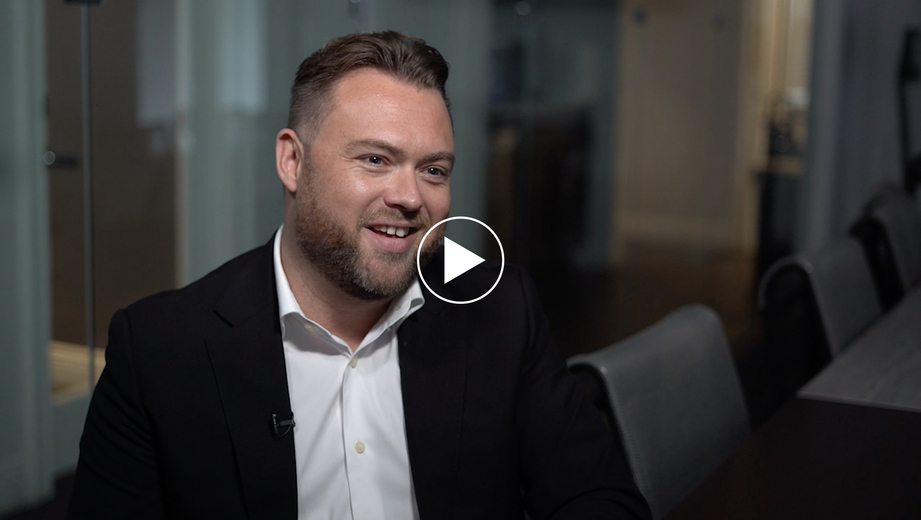
.jpg)

It has already been widely discussed how companies should approach different generations in order to retain and promote talent, but what most managers forget is that each of their team members has specific characteristics and goals, adopting the fallacy “to see the forest for the trees.”
Winter Park, Florida– September 19, 2019 – Frontline Performance Group (FPG), FPG today announced that it is Great Place to Work-Certified™. Certification is a significant achievement. Using validated employee feedback gathered with Great Place to Work’s rigorous, data-driven For All methodology, Certification confirms 7 out of 10 employees have a consistently positive experience at FPG. Great Place to Work is the global authority on workplace culture, employee experience, and the leadership behaviors proven to deliver market-leading revenue and increased innovation.
This week I will continue the theme introduced in my last column, once again focusing on technology designed to optimize human capital in hospitality. Last time I covered housekeeping technologies, this time the subject is eLearning.
Labor is the largest controllable cost in most hotels. Turnover is very high. More and more staff, particularly in hard-to-train jobs like front desk attendants, are of a generation that rejects traditional classroom training methods in favor of self-learning, in short, focused, multimedia modules. There are some 300 million jobs worldwide in hospitality, and the majority are held by people under 25 years old. That’s a lot of people who need training, and want it in formats that didn’t even exist 10 years ago!
Reinvention and innovation are everywhere in hotel training technologies, enabling hotels to move away from structured multi-week training programs. These are being replaced by shorter, more selective, modular courses at onboarding, followed by focused, brief training spurts that can be done independently or on the job to increase skills over time.
How much could you save if technology could cut your average training time in half? And let’s talk about turnover. According to the eLearning Industry website, 42% of employees aged 18-25 left their new job within 90 days, and 80% said the reason was inadequate training. How much more could you save if turnover were reduced by 25%? 50%? Many of the technologies I looked at are designed specifically to address these opportunities. Metrics for these new technologies are still sketchy, but they look promising.
This article from the eLearning Industry website (there is a video version if you prefer) provides an excellent overview of the themes I heard from virtually every vendor I talked to for this article. It’s worth a few minutes to read it, and it will help set the stage. Training products are more than ever focused on delivering to each student just the right material, in the way that best matches their learning style, at just the right time. Also, there is an emphasis on measuring how well each training module is working; and on making quick and individualized adjustments to each student’s curriculum. These are fundamental shifts from the training technologies of just a few years ago, supercharged by modularization and analytics.
Across all the companies I looked at for this article, a key trend was to reduce upfront training time by providing bite-sized learning units over a period of time, either in a planned curriculum or “as needed” on the job (or a combination). Curricula increasingly support the concept that each student needs an individualized plan that reflects their experience, prior knowledge, learning style, specific job assignment, daily schedule, and device availability.
All the products recognized, in different ways, that most hospitality workers are deskless. Some may have company-provided mobile devices. Most have their own mobile devices, but depending on their job role and company policy, they may not be able to use them while working. Many do not have work phones or email addresses. These are common reasons why generic learning management systems often fail in hospitality.
Several products now on the market offer eLearning solutions that include both relevant content for key hospitality jobs, and platforms for delivering it. These may be combined with traditional teaching methods, coaching, and other services. If you are looking for a comprehensive eLearning solution, these are the best options I found, and some of them were impressive in how much they have evolved in the past few years.
Among these platforms, I looked at Frontline Performance Group (FPG), Lobster Ink, and newcomer Typsy. I was hoping to include another recent entrant, Boost, as well, but they couldn’t respond to my inquiries in time. The first two (and Boost) provide learning platforms with hospitality-specific content, and FPG and Lobster Ink offer associated training services. With both FPG and Lobster Ink, the key recent innovations were in gathering and using individualized metrics to customize each student’s learning path. Lobster Ink has extremely modularized content, which allows it to tailor a student’s training. This significantly reduces the initial learning time required to achieve minimum competency and avoids content that the student would find repetitive, irrelevant, or incomprehensible if presented too early in their tenure.
These platforms have also invested heavily in analytics to both measure the effectiveness of individual training modules, and to determine which content an individual employee needs at a given point in time. FPG particularly targets selling skills; it collects data from the Property Management System to assess how well students have learned the selling and upselling skills, and whether they are practiced consistently. It can then propose granular course content to help each agent improve. Lobster Ink uses managerial feedback across all job categories for a similar purpose, suggesting new or repeat courses to address specific performance objectives or deficiencies. FPG, which produces all its video content in three versions (two with different human presenters, one with an animated character), even uses analytics to determine which version should be used for a given staff member, based on predicted learning style.
Most of the products I looked at, but notably FPG, had implemented gamification, with individual and team leaderboards and careful attention to maximizing employee engagement. Gamification techniques try to leverage people’s natural desires for socializing, learning, mastery, competition, achievement, and recognition through individual and team measurement, socialization of results via leaderboards and social tools, and progression through badges, levels, or certifications that recognize mastery.
Typsy takes a different approach, focusing on more generic hospitality skills and building its value proposition around a content library that is custom designed for the learning styles of newly hired staff, who are most commonly in their teens or early 20s. Typsy has curated a library of 500+ short video courses (typically 2-4 minutes), shared among all its customers. It features recognized experts from around the world, covering a wide array of hospitality subjects. Different courses teach both soft skills, like defusing a difficult customer situation, and hard ones, like menu costing. The videos are designed to be fun and engaging, and easy to watch in short bursts during downtime. Typsy’s content is student-oriented and designed to be consumed independently. However, it can also be incorporated into existing learning management platforms, so it can supplement a more traditional approach. Playlists can be created to provide curricula for specific job categories. Students earn certifications that can be verified by future employers.
While I couldn’t arrange a full overview of Boost, I was intrigued by its focus on a key problem, which is teaching “hospitality English” and “hospitality Mandarin.” As these are the two most common languages likely to be used by international guests wherever their native language isn’t understood, they are highly relevant to staff in many locations. By concentrating on the words, phrases, and sentence constructions that they are most likely to encounter in their daily interactions with guests, rather than simply providing generic language instruction, this approach should enable staff to become sufficiently competent to help guests in significantly less time.
I also looked at Venza Group, which has an eLearning platform, content, and other services principally around topics related to cybersecurity and data protection. Since it’s not really a broad-based learning platform, I’ll look at covering it in greater depth when I address security topics in a future blog. But one innovation they’ve been working on that could have broader applicability, and that I didn’t see elsewhere, is the idea of using an avatar to deliver group training. They tested aspects of this concept at HITEC this year, with an avatar on a screen, controlled by an offsite human, that could converse interactively with passersby (enabled, of course, by a camera and microphone). While only at the concept stage, this could become an engaging way to deliver classroom content remotely while preserving some level of interactivity, perhaps using a combination of an AI chatbot (covered in an earlier blog) and a human answering students’ questions.
Apart from the eLearning platforms and content, I found a few interesting products that were not complete solutions, but that still offered useful capabilities that could be embedded into (or overlaid above) apps used at the front desk, in housekeeping, in maintenance, on a point-of-sale terminal, or elsewhere. These have the advantage of being available while the worker is on the job, in the system, they are already using. They aim to provide relevant instruction for a task that a staff member needs to perform right now, and doesn’t know how to do; but where they can be guided or trained “on the spot” with checklists, text, documents, videos, or other material. These tools can’t replace onboarding training, but they can reduce its length by making “edge case” training available as needed, on-demand. Indeed, trying to include edge cases in onboarding training often means introducing them before the student really understands the contexts in which they arise. Taught too early, the skills won’t be remembered when needed because they don’t get reinforced through usage. They make initial training less engaging for the student and don’t add to the knowledge base of the student unless repeated later. It is wasted training expense that produces a worse outcome.
Of these other platforms, one of the more interesting is Kryon Systems. At its core, Kryon is a generic Robotic Process Automation (RPA) platform, but one key deployment has been an overlay to Wyndham’s property management systems (PMSs) that can guide users step by step through an unfamiliar process. A control bar sitting on top of the PMS screen asks the user what they need to do, and based on what they choose, it can pop up various bubbles and prompts right on the PMS screen. These can point at specific fields or controls with detailed, sequential instructions on what to do to complete the transaction. Because it’s an RPA platform, this can include business logic, for example, to make one field required if another field has a certain value. It can even invoke automated processes in other systems, for example, to send an email to a manager when a specific condition is met. The solution requires significant customization, but this is facilitated by Kryon’s Automated Process Discovery engine, which can “watch” actual users and “learn” a transaction process well enough to do much of the customization without human support. Nevertheless, the customization requirement means that the solution will be economic only for larger applications (e.g. corporate, brand) and generally not for individual hotels. It may well have applications for some legacy software vendors as well.
SingleStep is another product that can be used anywhere there is a process or checklist of items to be performed, where the employee may need training in some or all of the steps – either because they are new, or because it’s the first time they’ve had to do a particular task, or because the task is done so rarely that they simply don’t remember. It is a platform that combines task sequencing (with conditional logic as needed) with a very flexible media storage facility for training and documentation materials. An engineer needing to perform an unusual maintenance task could, for example, pull up a step-by-step guide supported by videos, schematics, and a spare parts order form. This tool could be used by any employee that needs to perform a specific complex task only occasionally, or it can serve as “training wheels” for someone who needs to do it frequently but hasn’t yet mastered every step.
One consideration when looking at these systems is language, a huge issue in hospitality, given the prevalence of non-native labor in many countries. There is little doubt that students will learn best when taught in a language in which they are fully fluent. All the products I looked at recognized this and provided capabilities to deliver the content in multiple languages, but the depth and maturity of their capabilities varied widely. Some use subtitles to accommodate other languages, and this can work, but research shows the cognitive load on students is higher when they need to watch, listen, and read subtitles at the same time (some research even suggests subtitles can do more damage than good). Producing videos in multiple languages gets expensive, so alternatives are needed. Lobster Ink seemed to be at the forefront of research and experimentation on producing truly multilingual content, even experimenting with speech synthesis to translate video soundtracks. Several vendors could support an initial machine translation of text content. It will still need human review and refinement, but the initial machine translation can save substantial time.
A second consideration is an ability and cost of providing your own training content. While it may make sense to use a professionally developed course for the more common lessons, a good training platform should enable you to load your own content when needed, whether text, video from a mobile phone, documentation, or something else. How easy is this to do, does it require assistance from the vendor (and what will this cost), and are any features or metrics unavailable when you use your own content? Even with common roles like reservations or front desk, it can be useful to be able to insert your own modules to cover issues that are specific to your brand, hotel, or system – and you won’t always want to pay someone else to do this.
A final consideration with the platforms is metrics around usage. How many of the staff that are supposed to use it, actually do their lessons? How is this measured? What happens if they don’t? While some of this requires supervisory action, there are huge differences across platforms in the native level of engagement (do students want to use it vs. find it a chore) as well as the ability to measure relevant aspects of usage, engagement, and course completion so that the supervisor has the right information.
As always, the companies mentioned here are presented not as recommendations, but to encourage you to explore some new ideas that caught my interest and to see which ones might make sense for you.
What other eLearning technologies have you found interesting? Please drop me a line!
Douglas Rice





.jpg)
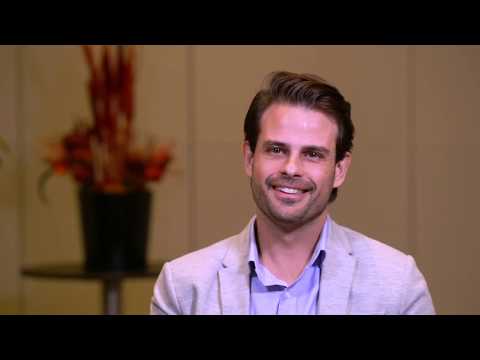
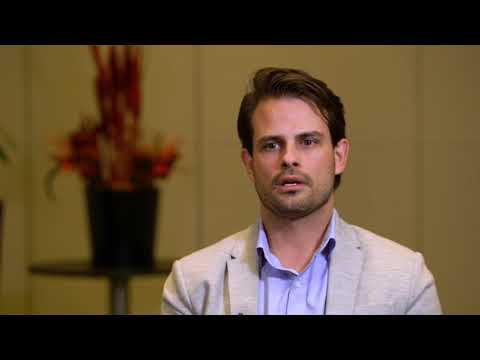



.jpg)

Elevating the guest experience is at the heart of the successful hospitality and achieving this in today’s ever-increasing competitive hotel landscape means going back to the basics of giving customers real, meaningful value.

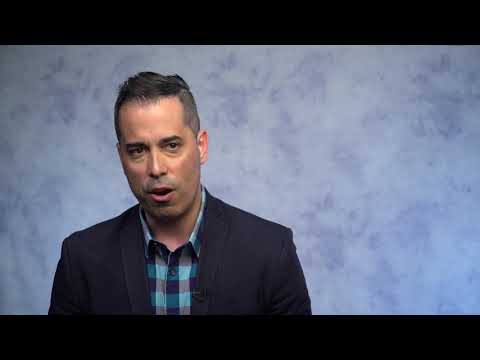
A heartwarming story of turning a request into a recommendation, resulting in a magical guest experience.
Death by Millennial. This generation is accused of killing multiple industries such as diamonds, bars of soap, homeownership, and more. These 23-38-year-olds have different preferences than the generations before them, but this is a continuous cycle that will go on for generations to come.
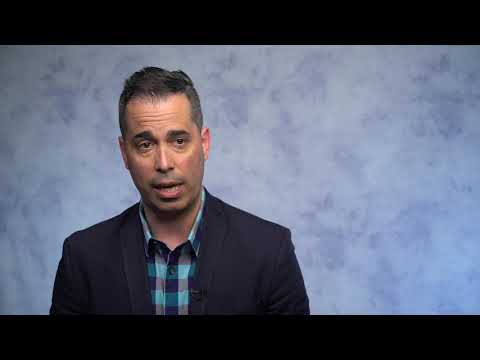
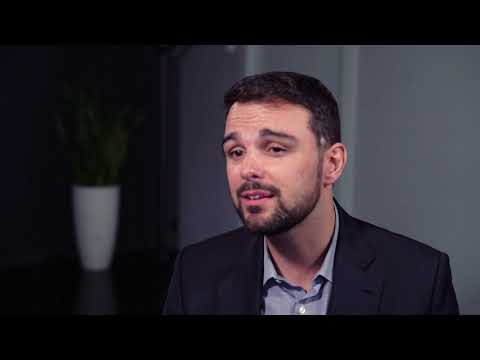
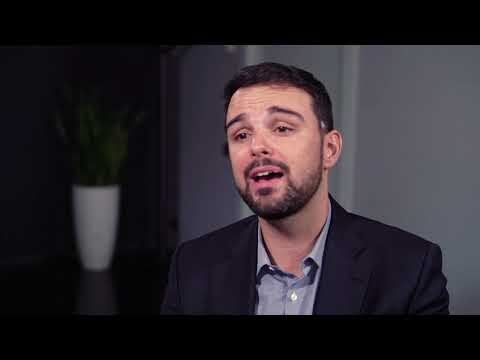
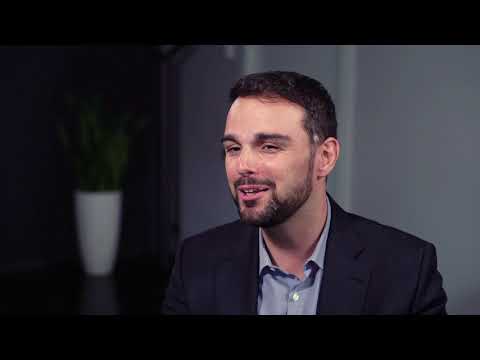
Not all organizations can be Google or Facebook, offering employees yoga rooms, nap pods, and on-site massage therapy. However, many hoteliers are trying harder to follow these tech giants in one way—by paying more attention to their team’s mental health. It’s critical to be aware of common pitfalls that can harm employees’ psyches. Leaders should know how to identify and remedy these problems, or better yet, prevent them entirely for the good of all.



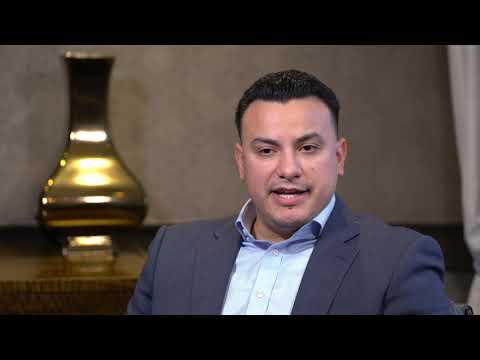

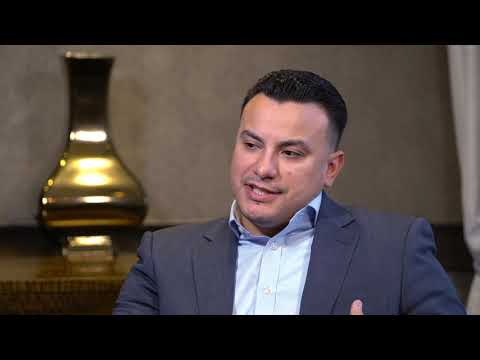



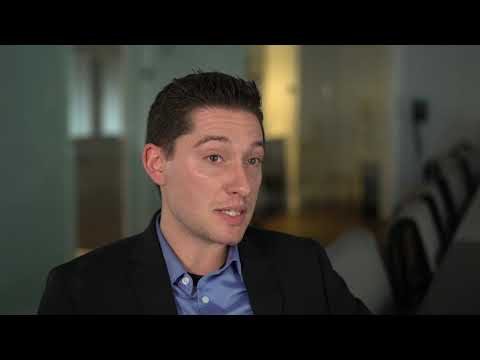
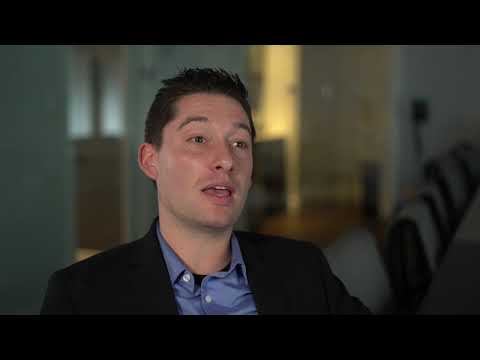
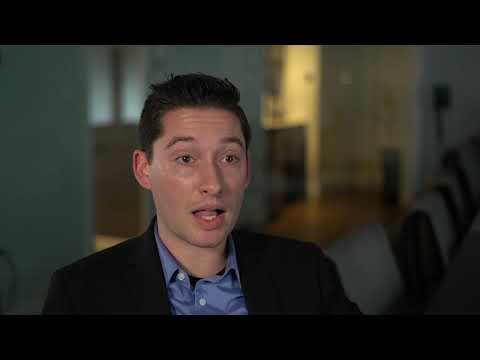
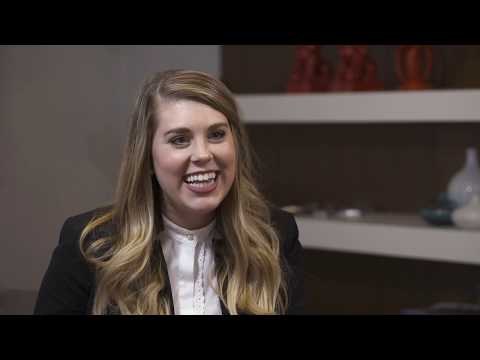
.jpg)
Should it be ‘yes sir’ or ‘no Mr. Smith’? An innocent attempt at a warm welcome can be viewed as a nice personal touch to a conversation or evoke a cold response.
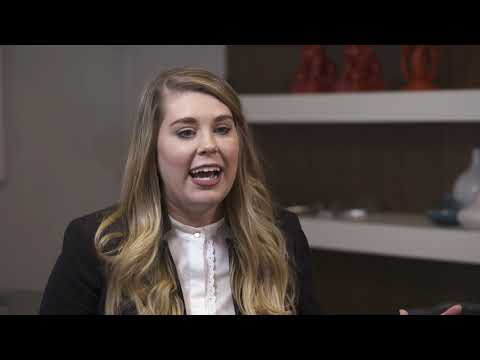
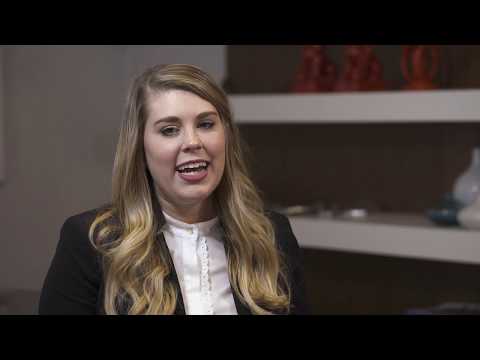
.jpg)
.jpg)
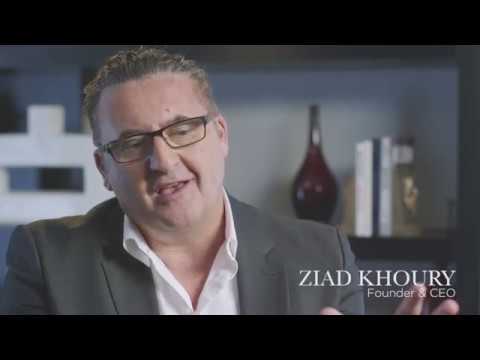
.jpg)
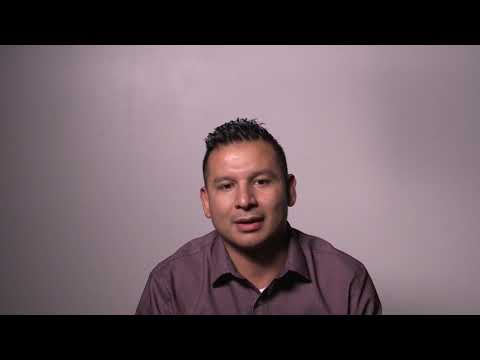
How Hotels Can Drive Home Runs Using Baseball’s Winning Strategy
Other than overnight accommodations during away games, Baseball and hospitality are seemingly unrelated entities. But believe it or not, the same strategy that forever changed the game of baseball can also transform the hotel guest experience and propel incremental revenue for your business.
In this service-driven industry, employees at the front lines are a hotel’s number-one brand ambassadors; they can make or break a guest’s experience. Keeping them engaged, well-trained, and motivated to deliver a rewarding guest service experience is critical to a brand’s success. How can hoteliers accomplish this? Make it a game.
NATIONAL REPORT—Business intelligence (BI) is a term some hoteliers may not be aware of; they may not even be cognizant of the type of data their properties acquire, but they should be. Even if they’re aware of the data, the next step is to leverage it to improve property operations for the better. It all begins with the data and the people behind it.
One year after FPG acquired DB&A, the two entities move forward as a single brand, focused on delivering the world’s first revenue optimization and performance management technology to the hospitality industry
If your company is responsible for raising profits of other companies, listen up! I’m going to share with you the three most important factors in attaining success.
When there isn’t a solution in the market available for a particular need, there’s opportunity. This familiar backstory is how Frontline Performance Group (FPG) initially made its way into the hospitality industry. Today, FPG’s business intelligence platform is being used at hundreds of properties.
Employee Engagement is all the rage these days. Companies across industries and geographical divides are all scrambling to get on the engagement train. On the surface this is good news for the global workforce; bosses are finally waking up to the reality that having a happy, well-adjusted workforce is more than just a “nice-to-have”— it is a necessity in running a successful business.
Frontline Performance Group was recently selected as one of the 2017 Orlando Sentinel Top 100 Companies. The list of “Top 100 Companies” was created by the Orlando Sentinel and Best Companies Group.
Spotlight on FPG Geoffery Toffetti in August issue of Luxury Hoteliers Magazine
Geoffrey Toffetti began his career in hospitality as a valet, eventually working his way up to Director of Guest Services for Fortune Hotels in St. Petersburg Beach, FL (now the Tradewinds Island Grand). During his tenure, he learned the true nature of service, and how to achieve outstanding revenue performance while providing world-class guest experiences.
Combined Company to Pursue $7.7 Billion Global Paid Upgrade Market Opportunity
Talking Head Studio, a respected Central Florida videography company, today announced that it was selected as a winner of the 38th Annual Telly Awards for its production of the film, “Why We Are Here” for Frontline Performance Group (FPG), a global management consulting firm.
Global consulting firm Frontline Performance Group (FPG) today announced the launch of IN-Gauge, a performance management tool designed to transform the way companies make business decisions.
Some organizations dismiss performance management systems to avoid hours of complex reporting, data tracking, and spreadsheets. IN-Gauge simplifies the process, serving as a one-stop-shop with minimal administrative work. Users can analyze customer and employee behavior, recognize opportunities and identify KPIs—all instantly, without scouring through complex reports and multiple systems.
IN-Gauge delivers advanced technology for all levels of an organization including:
- Executive: IN-Gauge provides a comprehensive, accurate picture of financial progression through automated sales tracking, reporting and forecasting, with the ability to stratify by country, region, location and team member. This saves valuable time, allowing executives to focus on generating direct returns for their locations.
- Management: With transparent, reliable insights surrounding each frontline team member, managers can identify top performers, and develop lower performers through personalized training and coaching. This improves communication between managers and their team, thus driving engagement, improving results, and reducing turnover.
- Frontline: IN-Gauge provides detailed analytics for both individual and team performances. With the ability to track and measure their own performance on a daily basis, frontline associates stay actively engaged and demonstrate continuous momentum as they learn first-hand the best practices for achieving their goals.
By analyzing customer and employee behavior on a day-to-day basis, IN-Gauge automates the sales process and eliminates the guesswork, so leaders no longer view sales as hope, they view them as a certainty. Click here to learn more about IN-Gauge, or email demo@frontlinepg.com to schedule a demo.
About FPG
FPG is a global change-management partner that transforms connections at the frontline by embedding itself on-site with its clients. The company develops true frontline ambassadors through a proven system of customized consulting, ongoing training, and one-on-one coaching. For more than 20 years, FPG has generated billions in ancillary revenue for its clients in the core industries of travel, hospitality, attractions, contact centers, automotive, insurance, and retail. The company trains frontline staff on how their actions and interactions can exponentially transform the guest experience, and just as importantly, FPG shows them how they can enrich their own lives. By consistently coaching the frontline team and recognizing them appropriately, FPG helps them develop a stronger belief in themselves, in the business they represent, and in the value of the products and services they offer.
When people think of their travel experience and who provided them a service throughout their long-awaited vacation or business trip, the car rental company often gets forgotten. The majority of car rental customers view the activity of renting a car as something to be endured rather than enjoyed.
Five strategies for training your frontline team to establish greater rapport with guests, while offering the right products and services to enhance their stay
Delivering five-star service requires your front desk agents to maximize every guest interaction, viewing it as an opportunity to offer an enhanced experience. Is the guest traveling with kids? Perhaps she would be more comfortable in a parlor room with an additional TV. That business traveler with an early meeting might be interested in purchasing an add-on breakfast package. Unfortunately, many front desk agents are so intimidated by the potential of hearing “no” that they refrain from offering such upgrades, even when it could greatly improve the guest’s stay. To best accommodate the guest, agents must overcome the fear of objection. They should understand that maximizing a guest interaction is not about getting a “yes” 100% of the time, but simply educating 100% of your guests. Agents should view each interaction as an opportunity to learn more about the guest and provide additional information tailored to their needs. Nine out of 10 times, even if they decline, guests will appreciate the effort to accommodate their needs, thus increasing overall guest satisfaction. Training your frontline team to eliminate their fear of objection and take the initiative to offer enhancements may be one of the toughest coaching responsibilities on a manager’s to-do list. The following five-step action plan will refine their approach, instill confidence and improve effectiveness. The result: Tremendous growth in incremental revenue combined with higher guest satisfaction scores.
Are you ready to reclaim your market from the dominant local player? Here are 10 action items to help you take stock of your company’s resources, understand your market and set daily sales initiatives before your team hits the pavement.
Auto dealers dipping a toe into the rental car game are frequently on the lookout for new revenue streams and ways to keep the fleet burning gas. Your rental division has a presence among your dealership customers, insurance replacement partners, and weekend travelers. But repeat renters are who make those monthly lease payments. Many dealers overlook a high-margin, easily maintained segment of the car rental industry when marketing their rental division – the Corporate Account.
In a fast pace life, how precious is time? How much time do we spend rushing through the day without taking a break? I hear it in my daily conversations “I have so many things to do today, but so little TIME”. We have become a society obsessed with completing one task and moving to the next one.
At FPG we are often looked to by our clients to be the positive light in a whirlwind of daily operational activities. It can be a challenge to always be “on stage”, to never have a down day, to remember that no matter what the situation or what we have going on outside of work that when we are on-site, we lead by example in the good times and the challenging times. Over the years I’ve been able to witness our team members tirelessly strengthen our clients’ cultures day in and day out. But where does the energy come from and is it possible to create energy stores we can reach for when we are not “feeling it” on certain days? Fortunately, there are things we can do to keep our energy reserves high.
RevPAR saw tremendous growth in 2015, increasing more than six percent on average and projecting a positive outlook to investors, owners, and general managers. Only two years later, RevPAR is expected to drop to less than three percent in 2017, and continue the decline into 2018.
Frontline Performance Group (FPG) was represented at the University of Central Florida (UCF), College of Business Administration Career Professionalism Employer Panel. The panel discussion titled “Sources of Hire” covered topics such as passive sourcing, referral programs, campus recruiting activities, and methods that candidates can implement to stand out when applying to positions at FPG.
Here are five good reasons to show job recruits that the car and truck rental industry offers a promising and dynamic career path.
The generation born between 1981 and 1996 became a workforce majority this year. Called Generation Y, or “millennials,” this workforce is remaking the workplace in its own image and with its own distinct voice.
Frontline Performance Group (FPG) rounds out the top five of Orlando Sentinel’s Top 100 Companies. The global consulting firm also recently earned the distinction as a certified Great Place to Work®. Both credentials were based on excellent ratings provided by its employees in anonymous surveys.
After undergoing a global rebrand initiative, Frontline Performance Group (FPG) receives honors from two internationally acclaimed advertising awards programs. The global change management firm’s newly designed website was voted People’s Champ in the Corporate division at the 2016 Pixel Awards. FPG also received a Silver Addy in the Collateral Material division for its brand book.
If you have worked in a sales environment, no doubt you have heard the term “Prima Donna” used to describe at least one member of the customer service/sales team. If you are part of a successful organization, it is likely several of these colorful personalities exist and thrive. And if your company is like most, you have experienced “not so good” times in which the sales motivation of even the most gifted employees has suffered, and along with it, the morale of all who come in contact with them.
“Good morning Rose,” I said to the sales associate as she was opening her register in preparation for the store’s opening an hour from now. Rose looked at me with an expression that was a combination of bewilderment and shock. “Great,” I thought, “first day at my new store and I’m running around talking to people with my fly open”! I checked; no, that wasn’t it. “Is there money missing from your register?” I asked Rose. “No, I just can’t believe you remembered my name” she replied. I told her that a pretty name like Rose was hard to forget and then wished her a great day. As I left Rose and started to walk over to Wanda I thought, in this instance, cheating was the right thing to do. Let me explain….
In a recent article in Forbes Magazine, John Shoven, economist and director of the Stanford Institute for Economic Policy Research, wrote, “We need to strengthen pay for performance and weaken pay for seniority.” Shoven believes companies that have adopted and continue to adhere to traditional, seniority-based compensation plans, have a “warped incentive” to encourage their older, higher-paid workforce to leave the company in order to make room for younger, less-tenured employees.
Most every frontline sales manager will agree that keeping staff encouraged when they have very price-sensitive customers can be challenging. It becomes quite easy to fall into the trap of believing that by in large, customers are cheap. But here is the reality; customers are not cheap. They are value-driven and want to know that they are receiving the best price and service available for their hard-earned money. Understanding and focusing on their need for value will allow for the message to be heard and more sales to be made.
IEG a Global eCommerce Partner Solution has announced a partnership with Frontline Performance Group the pioneer of service-based sales and a leader in inbound/outbound sales performance improvement. The partnership will provide clients with a two-tiered incremental sales conversion process. IEG will deploy their high-end eCommerce Platform and vast years of eCommerce experience while Frontline will provide call center staffing and service-based sales training.
Remember last time we talked about kids playing football on a playground? Well, now it’s time to put even more “explicit” detail to how those basic principles apply to organizational success. Sometimes with the fast pace of our modern business climate, it’s not always easy for managers to find time to do the things they really should be doing – getting results with and through the organizational team. Instead of always worrying about “fires” or seemingly endless “crises” that occur, a focus on these things will create both more time and more productivity for company leaders. Here are five tips to take your organization to a new level of success…
I have asked a lot of people, what does a good company culture look like? The most common response I receive is: “you know it when you see it”. Frankly, I think this is a very accurate answer. However, what is it that we see that makes us respond in this manner?
Opportunity cost is defined as the cost of a resource, measured by the value of the next-best alternative use of that resource. Opportunity cost analysis is an important part of a company’s decision-making process but one that is often unseen on company financials, making it in essence, like invisible ink.
Think about the last team you were on where you really felt like everybody was on the same page headed towards a common goal… Whether it be a sports-related team, group project at school, or your everyday work environment there’s a reason why you felt like it was a team. Most likely there was a leader of the group; a manager, coach, team lead; that identified what the expectations or goals were of the particular task at hand. Although it sounds like a no-brainer, many employees come to work day in and day out without a clear sense of direction.
Frontline Performance Group recently partnered with Auto Rental News to conduct a groundbreaking study of the perceptions of rental car customers and the frontline staff who serve them. The results showed some rental sales perception gaps that were not anticipated. A few key highlights:
Great Customer Service is Only a Philosophy, Not an Action Plan
Some of the best customer service comes from one word, awareness.
As it is with many firms, ours is made up of individuals from diverse backgrounds with exceptional talents. We have a singular goal, which is to guide organizations to creating and sustaining profitable service-based sales cultures. However, as we grow our practice in types of industries, a number of clients and staff so grows our diversities. In fact, one of the few constants in our organization is a principle practice model we call the KPE (Khoury Performance Equation); it is our business blueprint designed to optimize sales and service performance through three primary areas of actionable focus:
A Roadmap to Company Profit
If you operate a for-profit business your primary objective is to make sure your company revenue (sales) exceeds your company expenses (costs) at the end of the business cycle. Simply put, you need to make more money than you spend if you want to exist for very long!
Ask any number of truly successful leaders of today and they will tell you, their success does not come from marking time. They are always in motion – thinking, doing, and leading change for their organizations, their teams, and themselves. At the forefront of a successful business leader’s efforts are their company’s vision and acute awareness of how their actions affect that vision.
What do GE, Apple, FedEx, and Google have in common? They share the distinction of being in Fortune’s Top 10 Most Admired Companies of 2009. But, more importantly, they all provide great working environments for their people. These environments foster and encourage development, input, trust, support, and opportunities.
